The first company that operated all of Budapest's public transport together was founded on 27 December 1922, and it was BSZKRT, i.e. Budapest Székesfővárosi Közlekedesi Részvénytársaság. When it was founded, it only took over the operation of trams, but over time it also included the operation of buses and, of course, other means of public transport, i.e., the funicular and the underground.
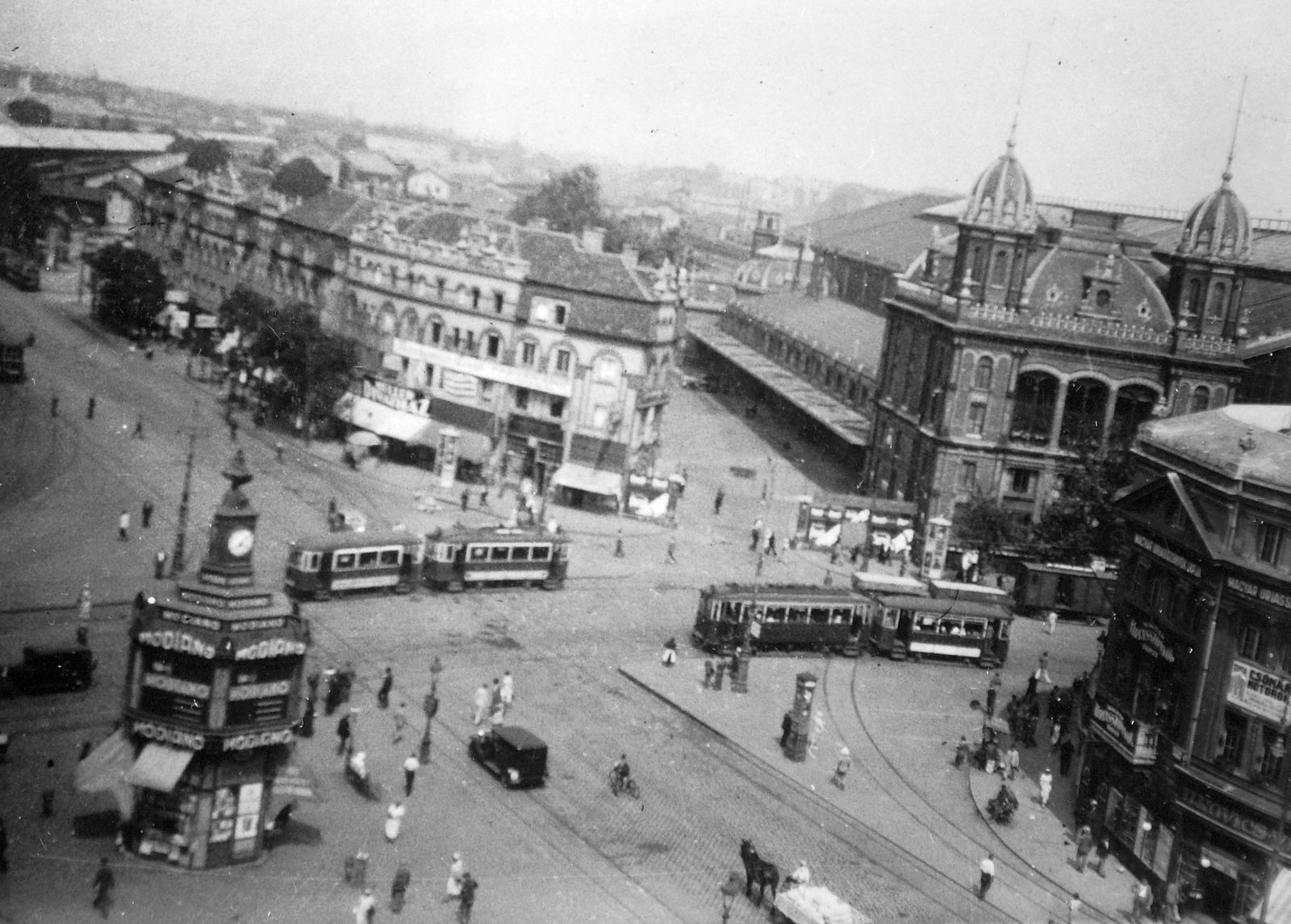
Tram traffic on Berlin (Nyugati) Square in 1930 (Photo: Fortepan/No.: 23177)
The BSZKRT or, as it was called in public discourse, Beszkárt, was a company owned by the capital. In fact, it was not this enterprise that fused together the most dominant means of transport in Budapest at the time, the companies that operated the trams, because the Budapest United City Railways existed for a few years, which in 1918 became Budapest Közúti Vaspálya Társaság, i.e. BKVT, which was created for the joint operation of the trams of the Budapest Villamos Városi Vasút, i.e. BVVV and the Budapest-Újpest-Rákospalotai Villamos Közúti Vasút, but it only coordinated the operation and was not owned by the capital. On the other hand, the management of the capital wanted to take public transport under its own ownership.
The new company, BSZKRT, became so much owned by the capital city that it was created right in the Mayor's office. Of course, the new company was not born out of a sudden idea, the capital had been striving for decades to take over public services created by private companies, such as garbage collection, gas and electricity networks, and public transportation. The funicular had already been owned by the capital, and in 1911 they also acquired the majority of the shares of the Budapest Villamos Városi Vasút Rt. However, the decisive step took place in 1920, as Budapest cancelled the land use license of the two large tram companies, BVVV and BKVT, although not immediately, but from 1 January 1923.
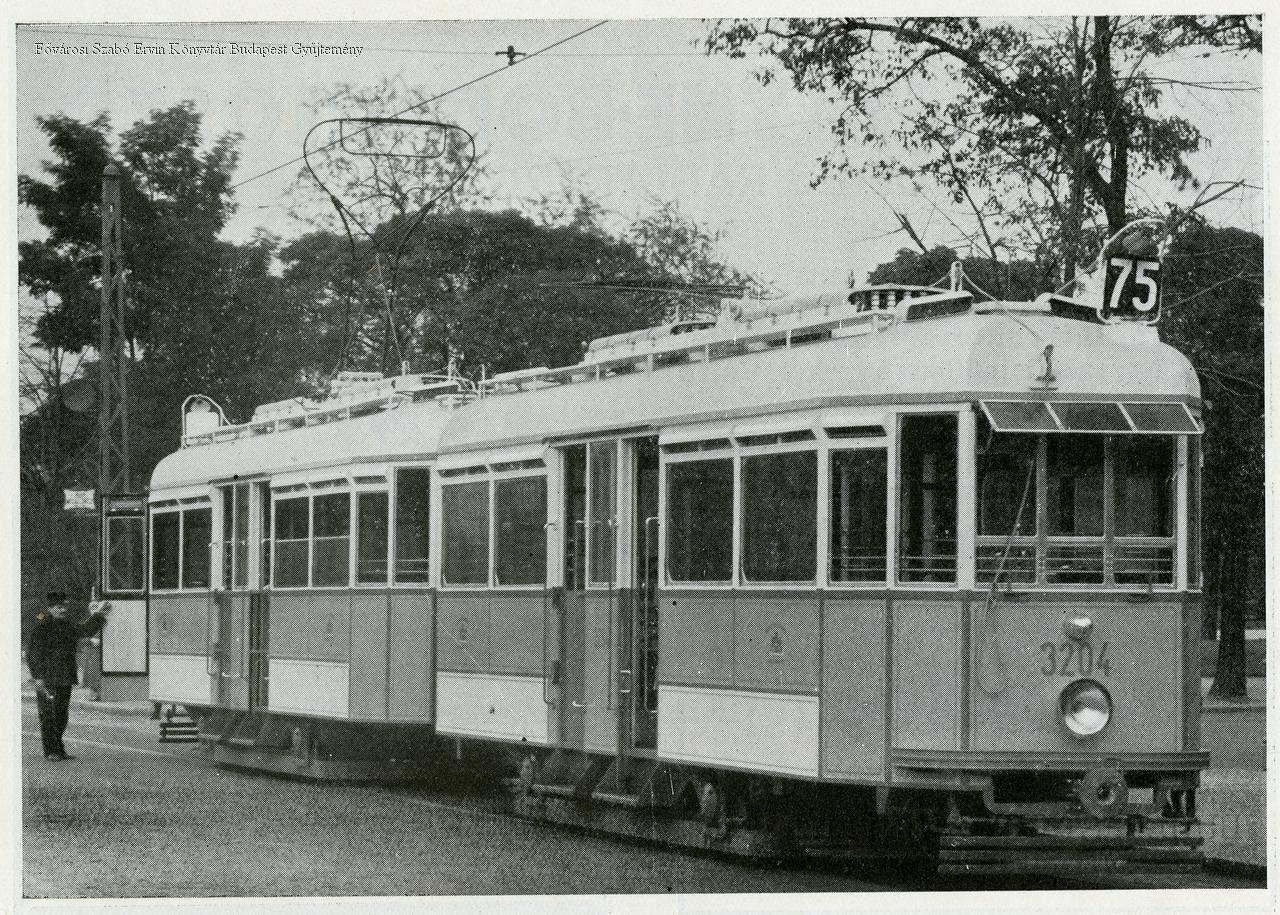
Beszkárt's new tram in 1927 (Photo: FSZEK Budapest Collection)
The new public transport company, BSZKRT, was therefore founded by the capital on 27 December 1922, with a share capital of 300 million Hungarian korona. The 28 December 1928 issue of Magyarország reported the following about the establishment of the new company:
"Today at ten o'clock in the morning, the capital's council convened for an extraordinary meeting, during which they discussed the matter of redeeming the tram and the formation of the joint-stock company. Immediately after the council meeting, the founding General Assembly of Budapest Székesfővárosi Közlekedesi Rt. was held in the Mayor's room."
The capital's General Assembly decided on the establishment of the company in a few-minutes-long meeting early in the morning of 27 December 1922, since the board had already made a decision about it a month earlier, on 27 November 1922, namely after a long discussion, because the result was not easily achieved. The representatives debated for several days about, among other things, whether it was necessary to establish a joint-stock company, whether it would be possible to handle the company's affairs in-house, who should establish the tariffs and many other issues. The 28 November 1922 issue of Ujság reported the following about the decision:
"The General Assembly of the capital agreed to the formation of the new tram joint-stock company. At today's General Assembly of the capital, a final decision was made regarding the redemption of the tramways. Although the majority party adopted several opposition motions, they rejected the proposal to run the Villamosvasutak under in-house management for half a year and decided to form a joint-stock company, which will take over the Közúti és Városi Villamosvasutak on 1st January with a share capital of 300 million Hungarian korona.
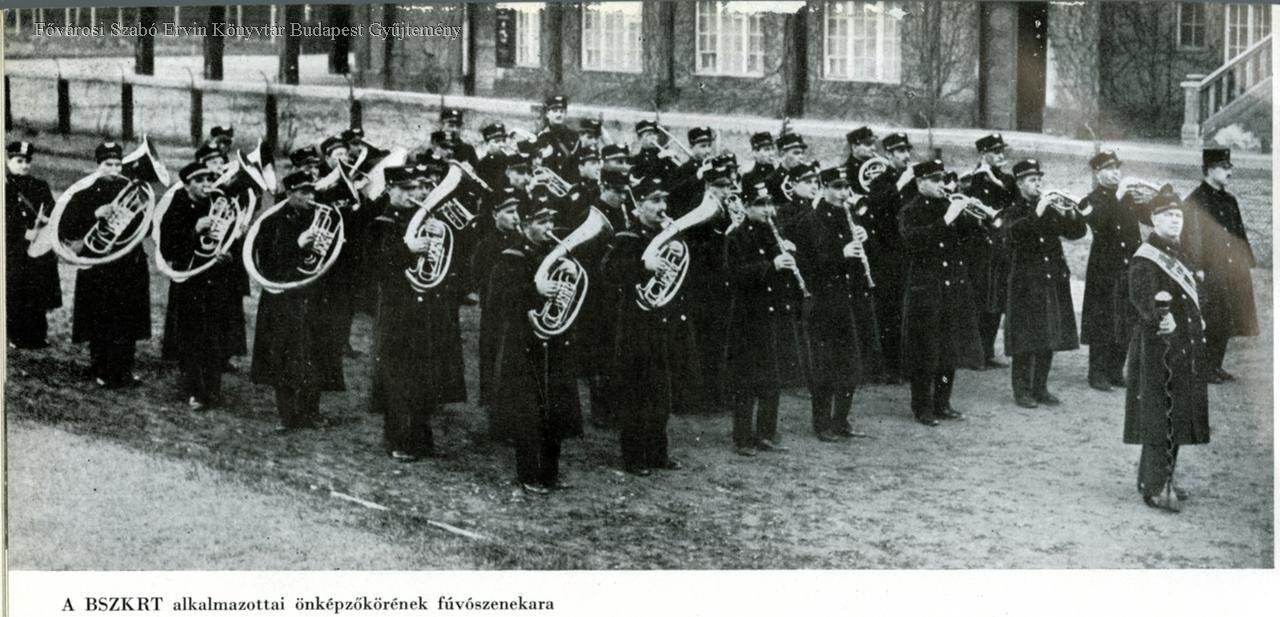
Brass band of Beszkárt employees (Photo: FSZEK Budapest Collection)
On 30 December 1922, the new company issued a statement about the validity of previously redeemed tickets and passes, which was also published by the Világ newspaper on 30 December 1922:
"Validity of tram passes. The management board of the Budapest Székesfővárosi Közlekedesi Részvénytársaság announces: The validity of free tram tickets will cease to be valid on 31 December when the service is closed, and the validity of season tickets will cease to be valid on 3 January 1923 when the service is closed. Entitlement to use weekly student cards and the identity cards issued for the academic year 1922-23 remain valid until 30 June 1923, and the validity of identity cards issued in 1922, entitling the use of civil service employees' weekly cards, was extended until 13 January 1923."
Beszkárt was founded by the capital with the aim that the interests of Budapest dominate the entire public transport, and large-scale long-term plans and developments were also expected from the new company. Such was the case, for example, with the development of the plans for the Budapest high-speed rail network, as already in 1923, the land use contract, which was essential for operation, contained the stipulation that the new company had to prepare a proposal for the Budapest high-speed rail network by 1930. (Beszkárt submitted this with a slight delay in 1931.)
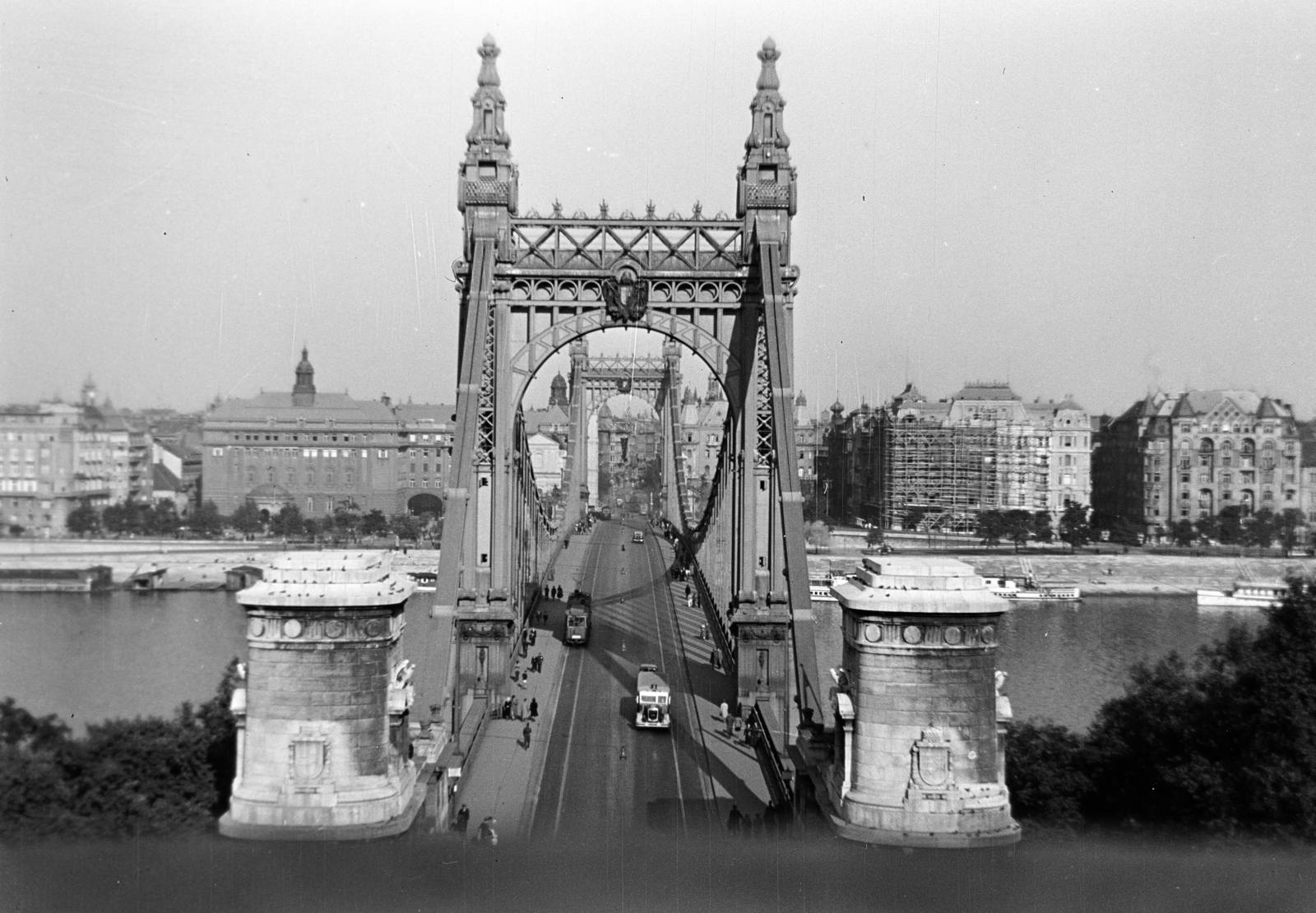
Everything in one hand, tram and bus on the Erzsébet Bridge in 1936 (Photo: Fortepan/No.: 266055)
The company finally operated until 1949, and during this more than a quarter of a century, it carried out many developments, already starting in 1923 it started to renovate the underground line, and then acquired new trams for surface transport. In 1926, Beszkár acquired the cogwheel railway, in 1932 the funicular, the suburban railways, and between 1932 and 1934 the bus company, and this company built and operated the Óbuda trolleybus line from 1933 until its destruction in 1944.
However, the company was broken up in 1949, and for nearly 20 years, until the end of 1967, the Capital Tramway, the Capital Bus System and the Budapest Local Interest Railway operated as independent plants, and then the entire system was reunited when BKV was established on 1 January 1968.
Cover photo: BSZKRT tram in 1931 (Photo: Fortepan/No.: 170297)

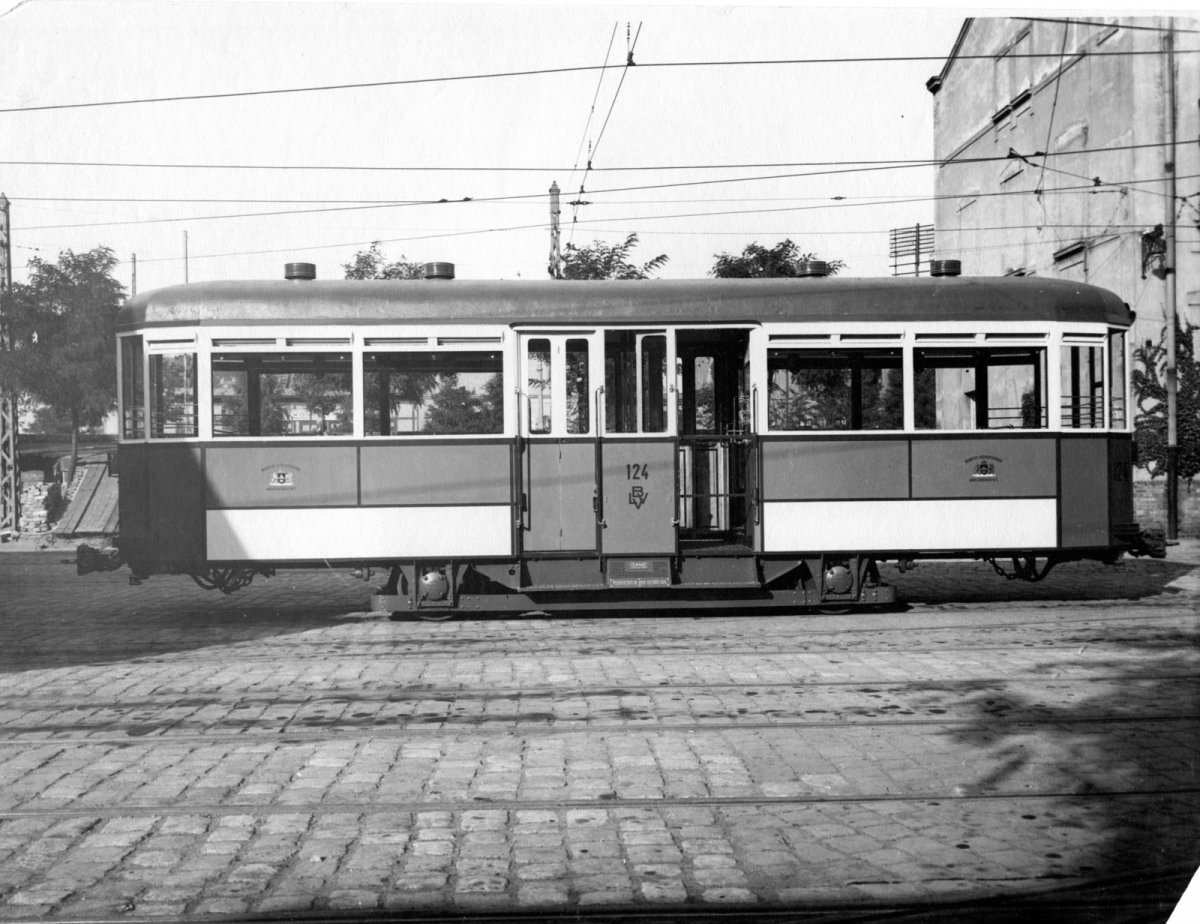
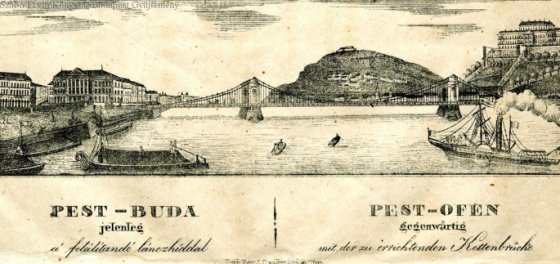
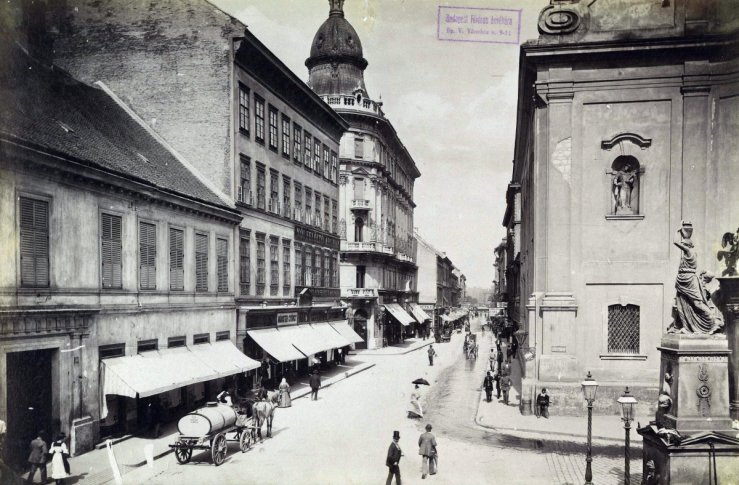
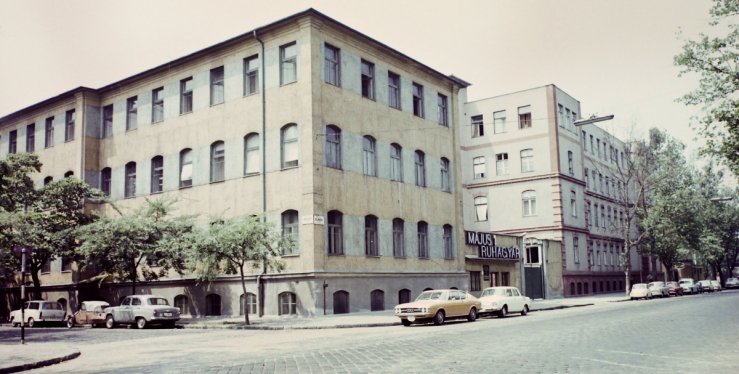
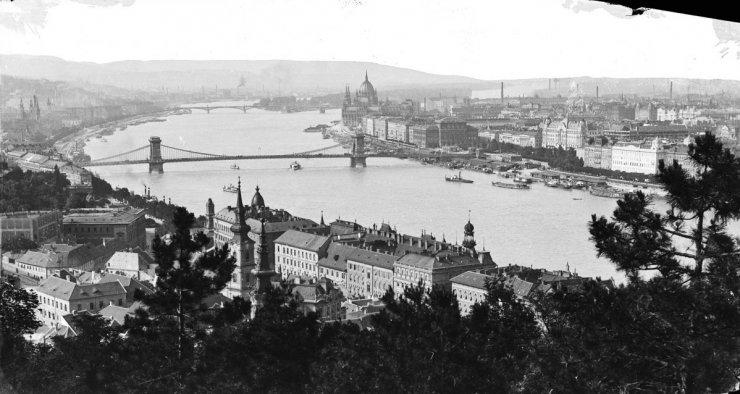
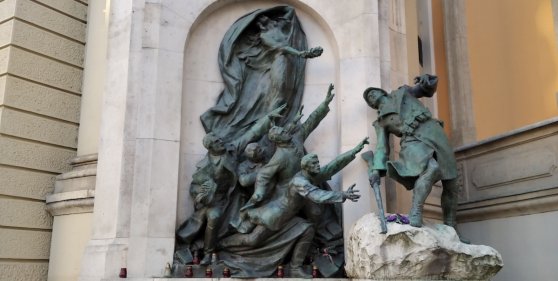
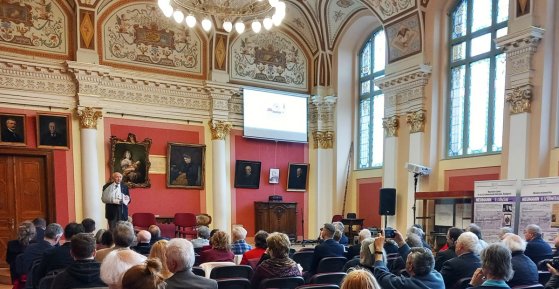
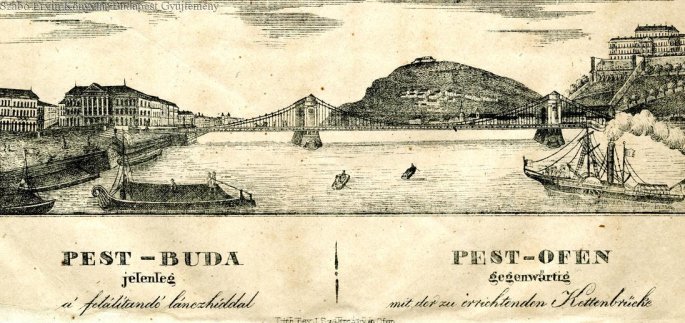
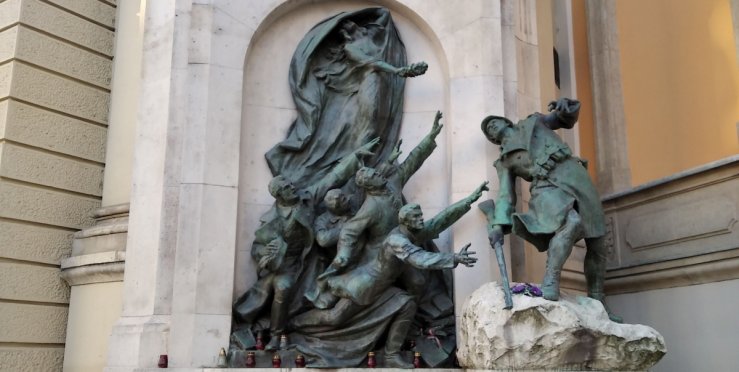
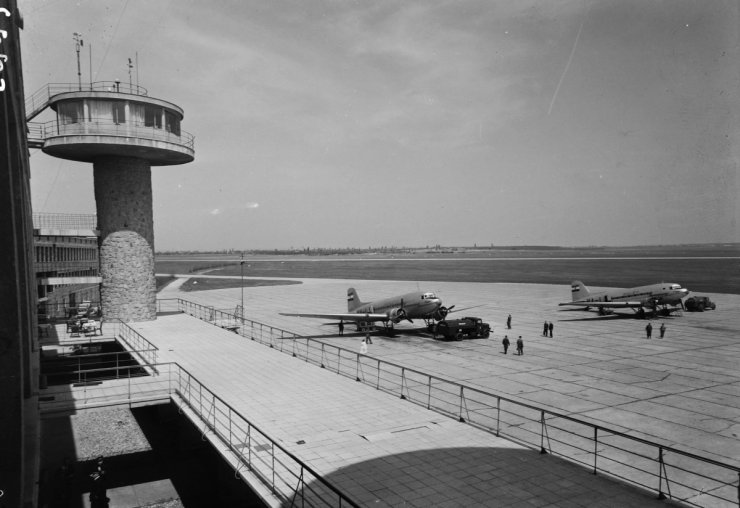
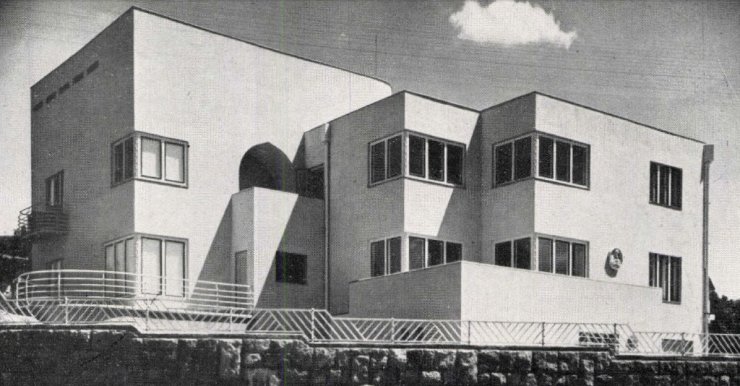
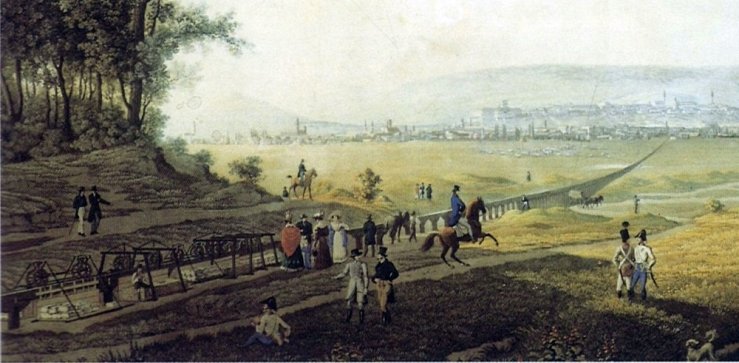
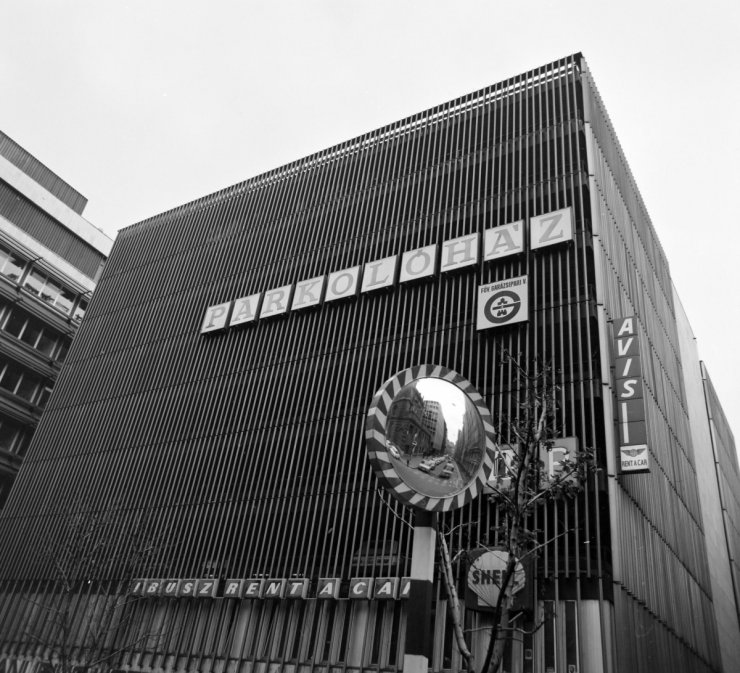
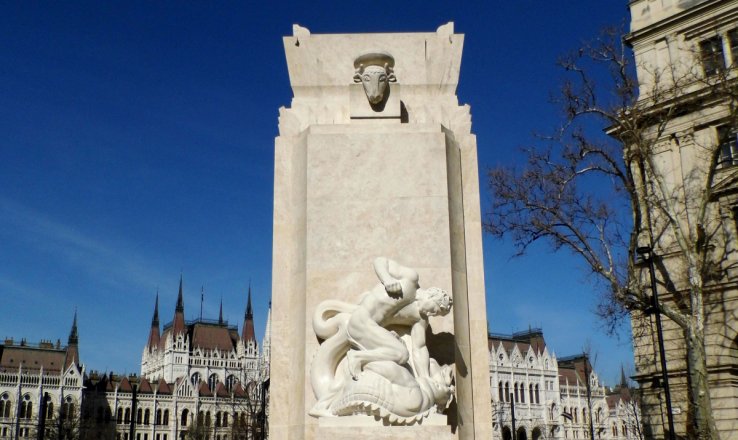
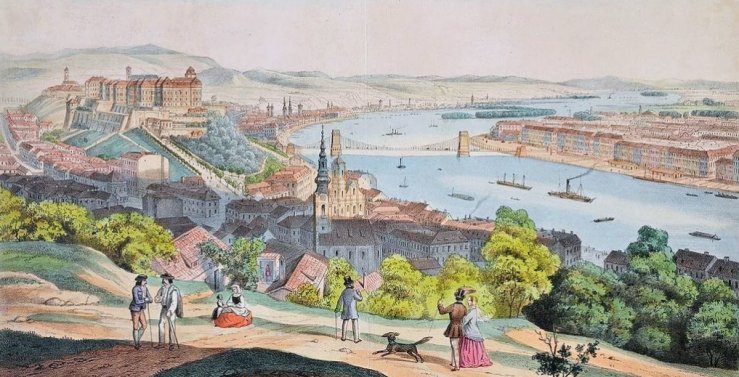

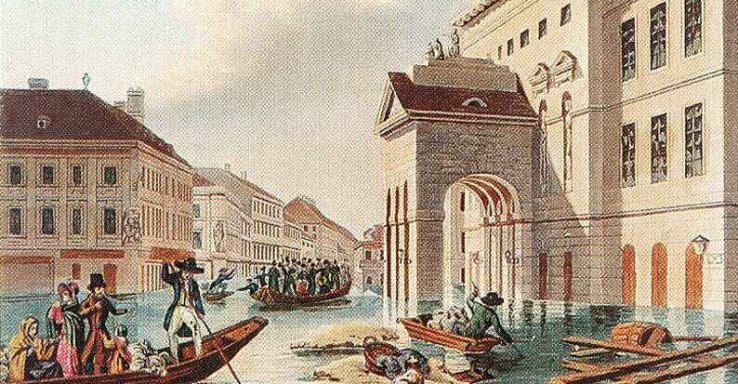
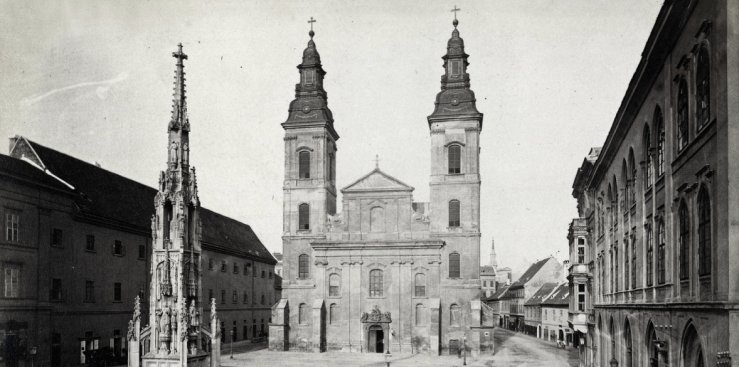
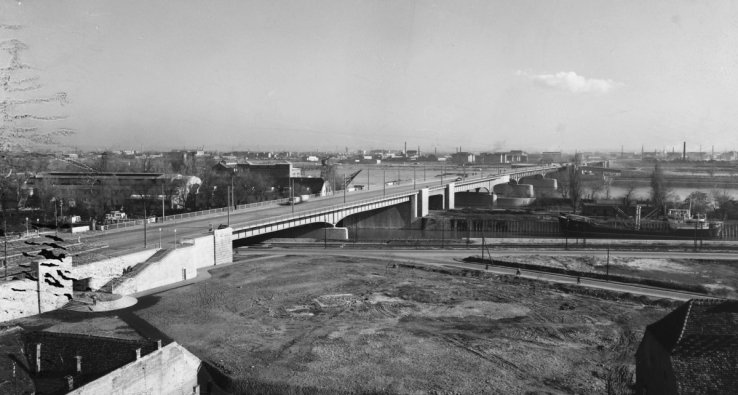
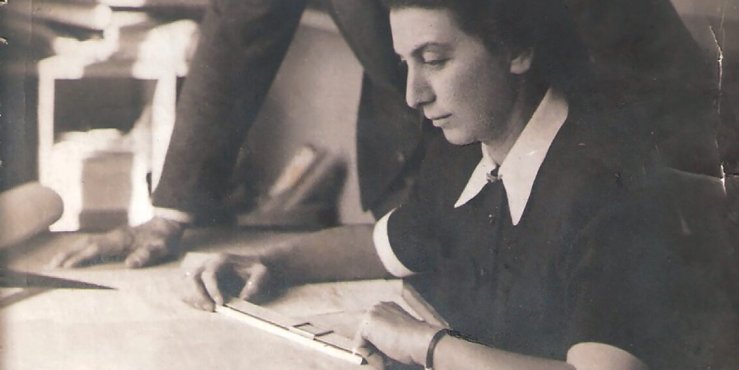
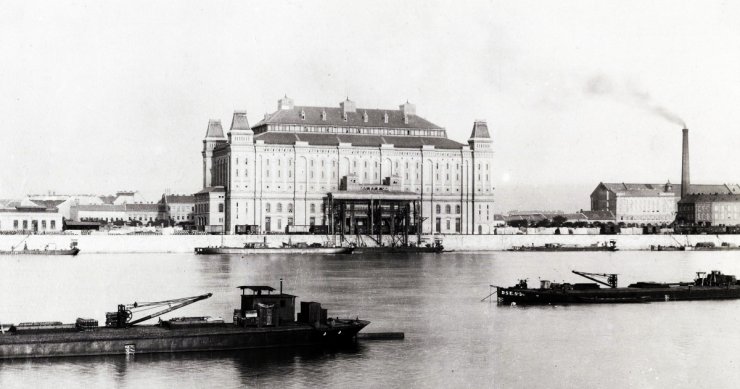
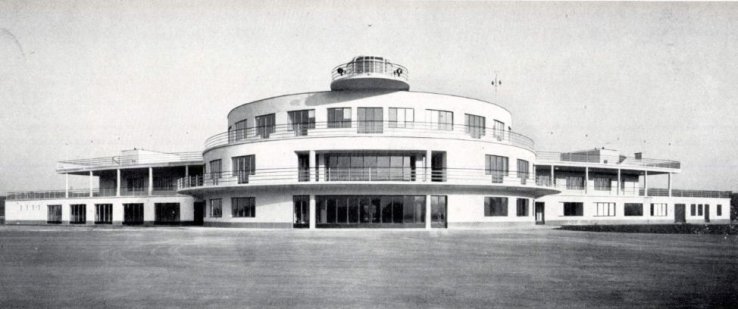
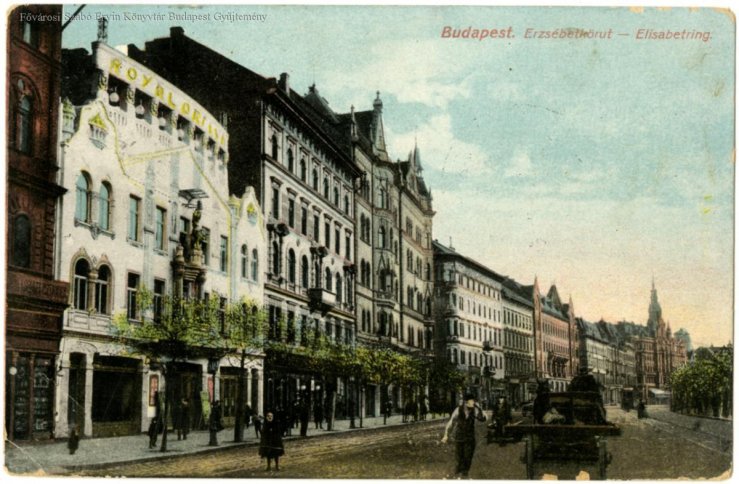
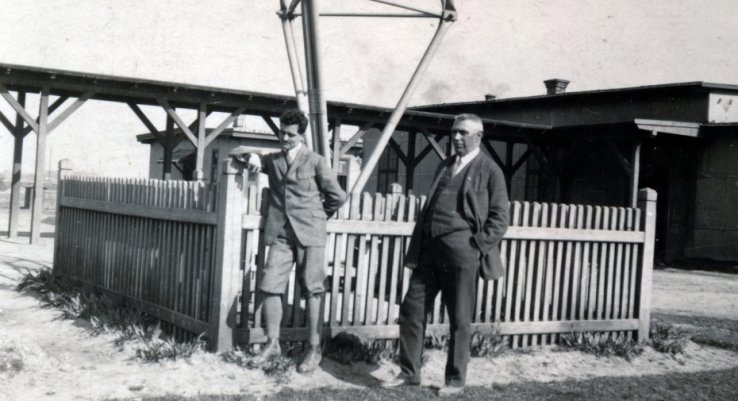
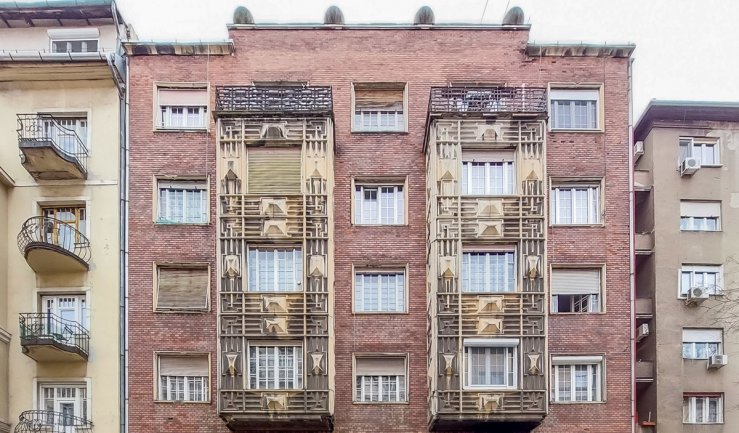
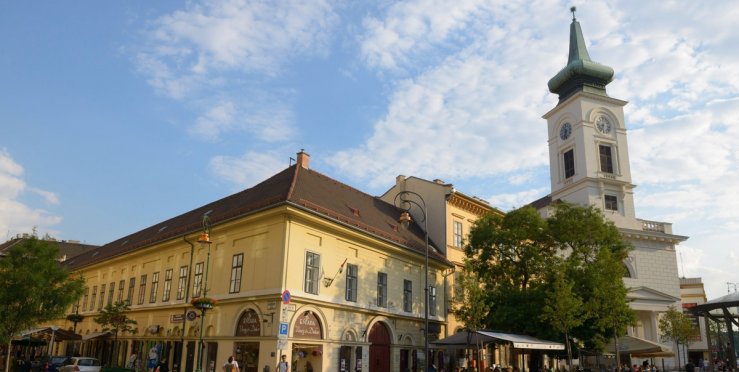
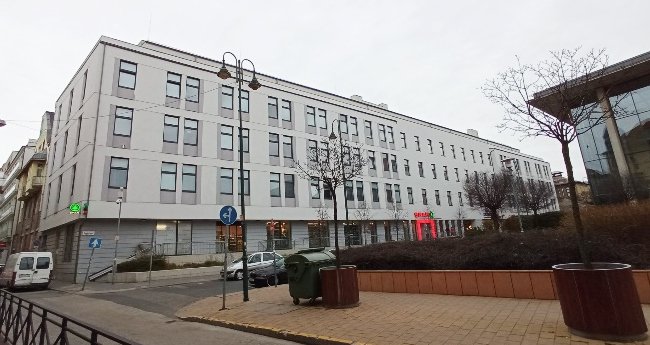
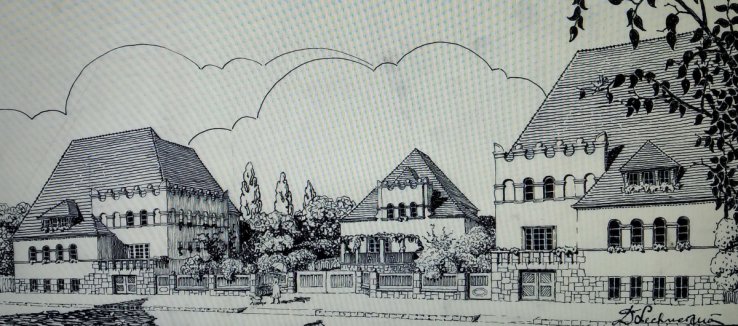
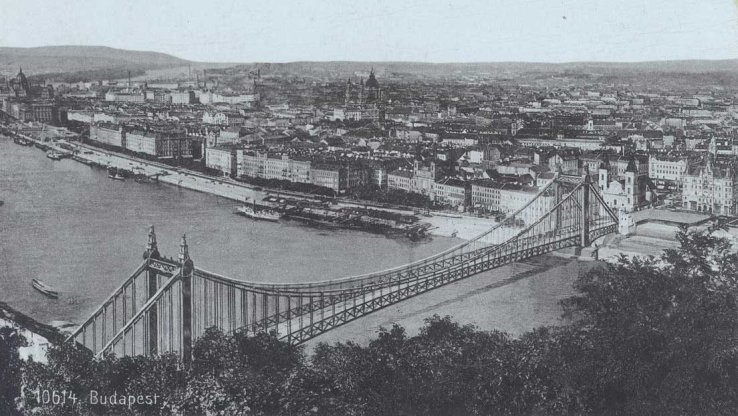
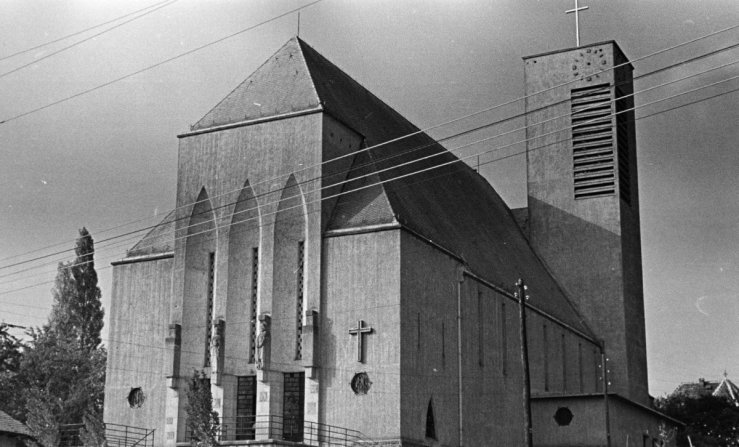
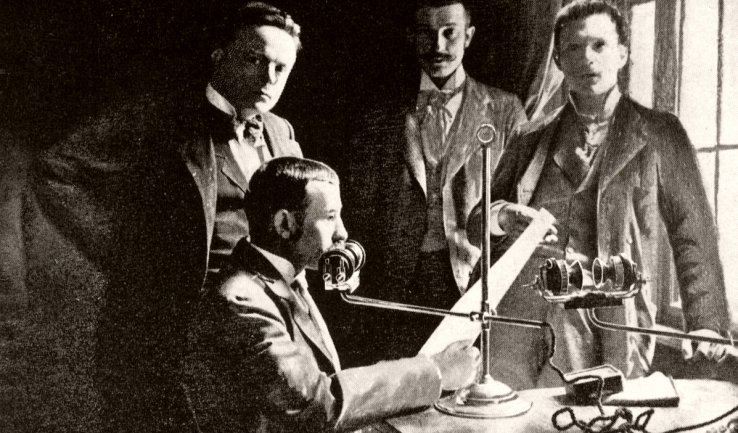

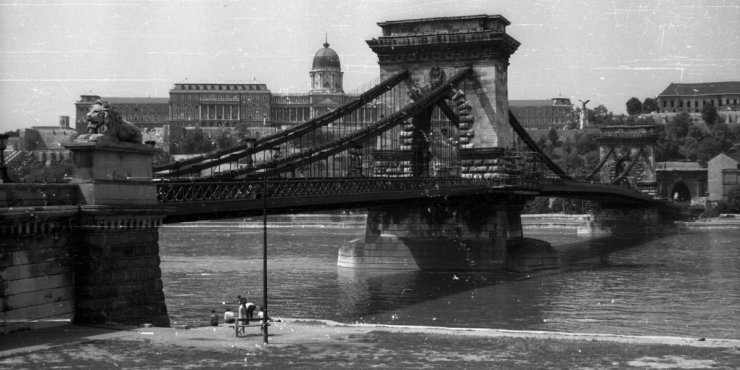
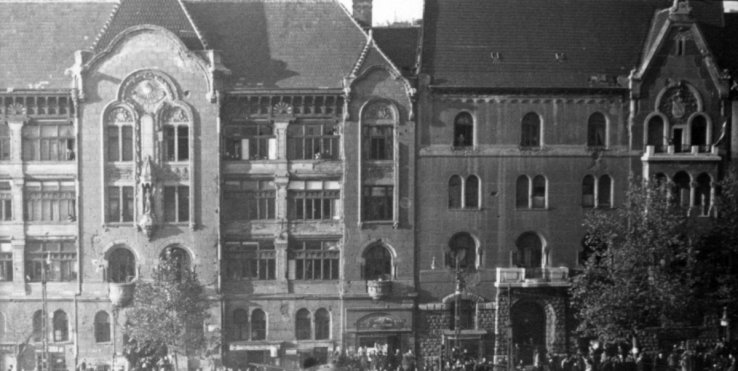
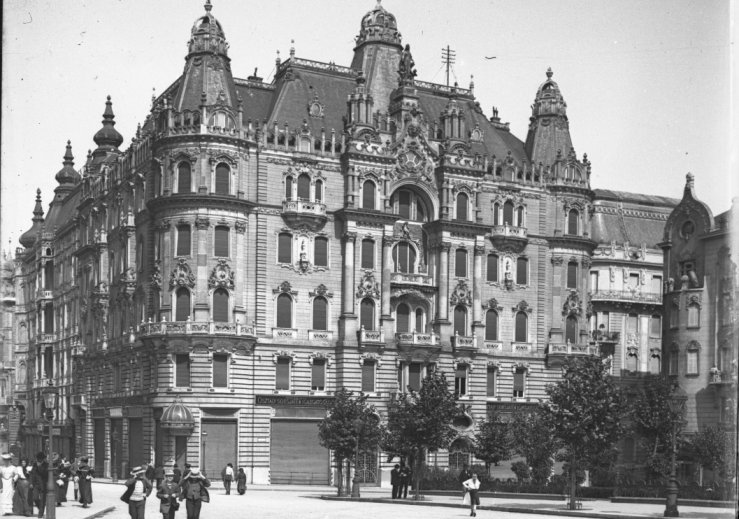
Hozzászólások
Log in or register to comment!
Login Registration